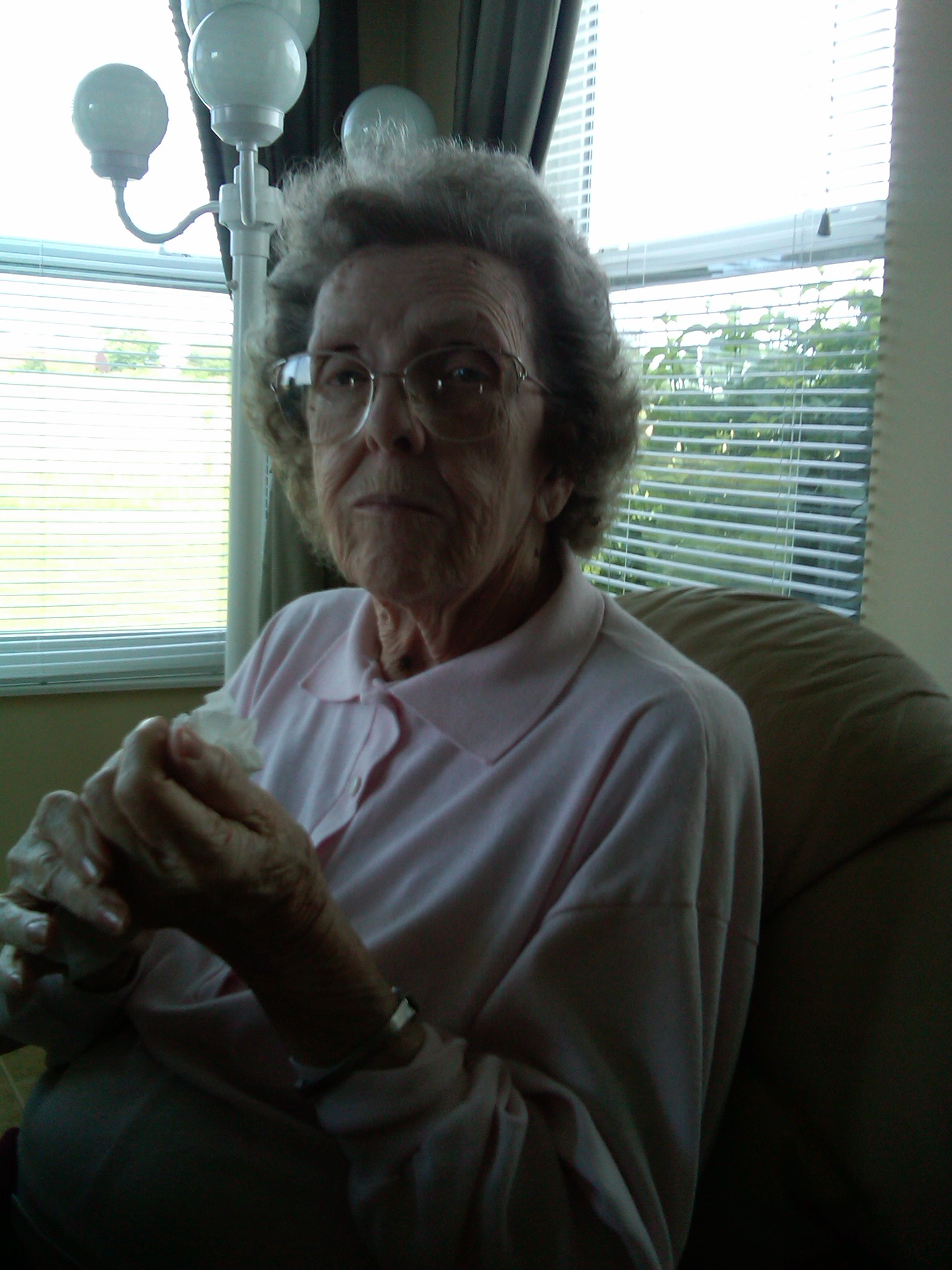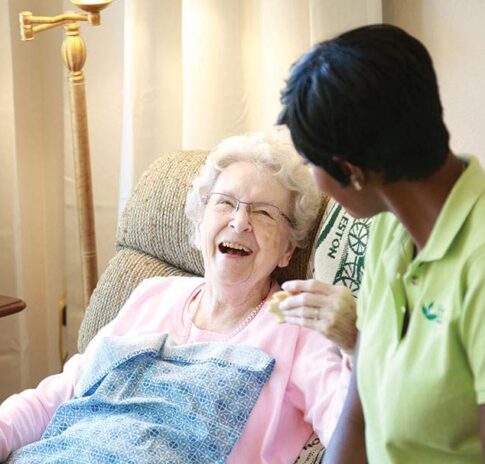 As of today, Martha, my mother in law, has been in the hospital 6 days. She has received a multitude of tests, IV’s and nurses and doctors have been in and out to see her. The medical social worker (MSW) visited and told us she could make arrangements for her to be discharged to a Rehabilitation center for physical and occupational therapy; however, the facility wanted $8,000.00 up front. After the initial shock, where I almost had to resuscitate the rest of the family, we began to ask questions.
As of today, Martha, my mother in law, has been in the hospital 6 days. She has received a multitude of tests, IV’s and nurses and doctors have been in and out to see her. The medical social worker (MSW) visited and told us she could make arrangements for her to be discharged to a Rehabilitation center for physical and occupational therapy; however, the facility wanted $8,000.00 up front. After the initial shock, where I almost had to resuscitate the rest of the family, we began to ask questions. Come to find out, Martha has been an observation patient this entire time and never admitted as an inpatient! Since she has not had 3 consecutive inpatient days, Medicare will not pay for her to go to the rehabilitation center. Obviously, we were never informed she was considered an observation patient and after this length of time in the hospital and with all of the treatments who would of guessed. The medical social worker informed us the hospital was not required by CMS to make the family aware and that she had given Martha a paper earlier in the week which made her aware.
Now mind you Martha has advanced Alzheimer’s disease and I really thought this woman standing in front of me with a masters in social work was intelligent; obviously my mistake. Oh it gets better; the MSW continues to tell us that it is very rare for a patient who is made observation is admitted as an inpatient. I am now biting my tongue until I think it is going to bleed. I asked her when Martha’s doctor would be in to see her and her response was, “talking to him will not make any difference”. My underlying response was to choke her but I simply replied that I appreciated her perspective; however, I would discuss Martha’s situation with him.
Interestingly, Martha’s daughter and myself have both been involved in the medical field for years. We were aware of the observation status; however, understood it to be for only a 24 to 48 hour stay. After some research it appears this is one of the ways hospitals and the CMS (Medicare) are cutting costs. They will charge these patients who paid into Medicare for services they now need the most. This includes stays in the hospital, the physical and occupational therapy and rehabilitation they need. Where is the justice here!
Martha and her husband both worked their entire lives; thus paid into the Medicare system for a very long time, as did so many others. Because Medicare is tightening their belts, a game of “observation status” has begun. Everything that was told to us was sad but true. If Martha were indigent she would be on Medicaid and the scenario would be different.
We knew we could not take Martha home. She is too fragile and frail. The hospital told us she has been fine since she was admitted. I had to sarcastically say back that it doesn’t take too much strength and endurance to lie in bed and walk to the bathroom; however, both of our homes have steps and much more distance from one room to another. My next statement pushed a button as some changes in attitude started to occur. What I told them was that if she were discharged to us she would be back in the Emergency Department within 24 hours. I was telling the truth since my fear was she would collapse again especially if she did not have some therapy.
What happened next was like a miracle. Suddenly Martha had been made an inpatient since Sunday, she was getting more tests to determine what made her collapse and at last she was going to get rehab. Being a persistent advocate for your family or getting the help from experts for your loved ones is what we who are caregivers must do!
